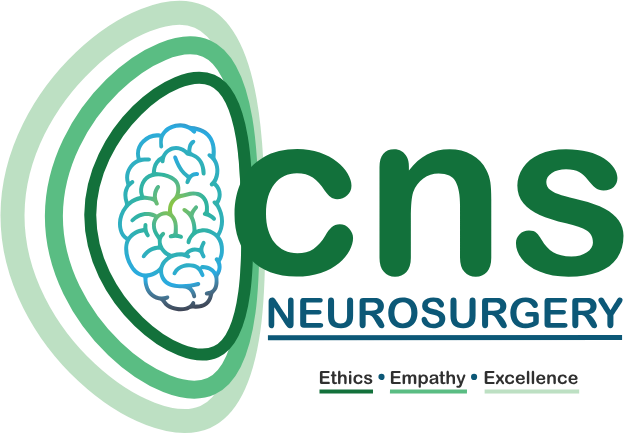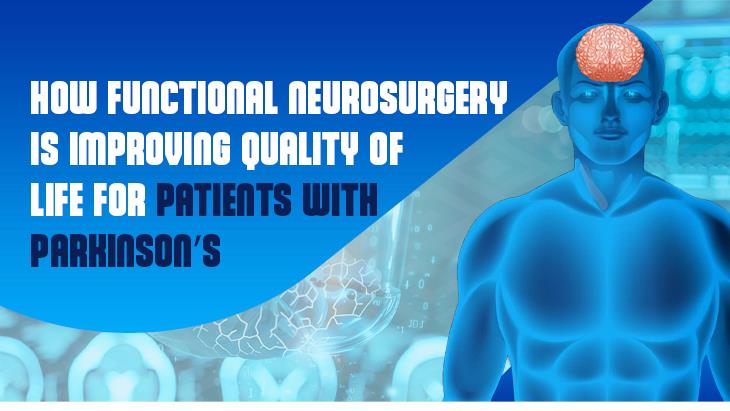Parkinson’s disease is a progressive neurological disorder that affects millions of people worldwide, causing debilitating symptoms such as tremors, stiffness, and difficulty with movement. While medication and therapy can help manage symptoms, many patients eventually reach a point where these treatments are no longer effective. This is where functional neurosurgery steps in, offering a groundbreaking approach that is changing lives by improving the quality of life for people with Parkinson’s.
What is Functional Neurosurgery?
Functional neurosurgery is a specialized branch of surgery focused on altering or modulating nerve function to treat neurological disorders. It primarily addresses conditions that disrupt normal brain function, such as Parkinson’s disease, epilepsy, chronic pain, and dystonia.
One of the most well-known procedures in functional neurosurgery for Parkinson’s is Deep Brain Stimulation (DBS), a revolutionary treatment that has transformed the lives of many patients.
Deep Brain Stimulation (DBS): A Game Changer for Parkinson’s
DBS is a minimally invasive procedure where electrodes are implanted in specific areas of the brain that control movement. These electrodes deliver electrical impulses to regulate abnormal brain activity, effectively reducing the symptoms of Parkinson’s. The device can be programmed and adjusted according to the patient’s needs, offering a highly personalized treatment option.
Here’s how DBS is improving the quality of life for Parkinson’s patients:
1. Reduction of Motor Symptoms One of the primary benefits of DBS is its ability to reduce the core motor symptoms of Parkinson’s, including tremors, rigidity, and slowness of movement. For patients who have become resistant to medication or are experiencing severe side effects, DBS can offer significant relief, enabling them to regain control over their movements and lead more active lives.
2. Improved Medication Management DBS not only improves symptoms but also reduces the need for high doses of medication, which often come with debilitating side effects. After DBS, many patients find they can lower their medication dosage, which in turn reduces complications like dyskinesia (involuntary movements) caused by long-term drug use.
3. Enhanced Quality of Life Parkinson’s can make everyday tasks like eating, dressing, or walking difficult. With DBS, patients experience improvements in these activities, allowing for greater independence. Many individuals report being able to engage in hobbies and social activities they had once given up, leading to a richer, more fulfilling life.
4. Mood and Cognitive Benefits While DBS primarily targets motor symptoms, there is growing evidence that it can also improve non-motor symptoms such as mood disorders and cognitive issues. Depression and anxiety are common in Parkinson’s patients, and DBS has been shown to alleviate these emotional challenges, further enhancing overall well-being.
5. Long-Term Benefits DBS is not a cure for Parkinson’s, but its effects can last for many years, offering sustained relief from symptoms. This long-term improvement allows patients to maintain a higher quality of life even as the disease progresses. Additionally, the technology behind DBS is continually evolving, with newer models offering more precise targeting and better symptom control.
Other Functional Neurosurgery Techniques for Parkinson’s
While DBS is the most common surgical option for Parkinson’s, other functional neurosurgery techniques are also being explored to further enhance patient outcomes.
Focused Ultrasound (FUS): This is a non-invasive technique that uses sound waves to target and destroy specific brain tissues responsible for tremors. It is currently being studied as a potential alternative for patients who may not be candidates for DBS.
Gene Therapy and Stem Cell Transplants: Though still in experimental stages, gene therapy and stem cell-based treatments hold promise for restoring damaged brain cells in Parkinson’s patients, potentially slowing or halting disease progression.
Is Functional Neurosurgery Right for You?
Not every Parkinson’s patient is a candidate for functional neurosurgery. Ideal candidates are those whose symptoms are no longer adequately controlled by medication, but who are otherwise in good health. It’s important to consult with a neurologist and a functional neurosurgeon to determine whether you’re a good fit for procedures like DBS.
The Future of Parkinson’s Treatment
As medical technology continues to evolve, functional neurosurgery will play an increasingly important role in the treatment of Parkinson’s disease. With advancements in neuroimaging, robotics, and precision medicine, we are likely to see even more personalized and effective treatments in the future. For now, however, procedures like DBS are providing a powerful tool to improve the lives of those living with Parkinson’s, allowing them to regain control over their bodies and enjoy life with greater freedom.
Conclusion
For many people living with Parkinson’s disease, functional neurosurgery has become a beacon of hope. Deep Brain Stimulation and other emerging surgical treatments offer significant symptom relief, reduced reliance on medications, and an overall improvement in quality of life. By targeting the root of the neurological issues that cause motor dysfunction, functional neurosurgery is empowering patients to lead fuller, more active lives, and continue doing the things they love for years to come.
Contact Dr. Chirag Solanki – First Functional Neurosurgeon
Dr. Chirag Solanki is a leading Functional Neurosurgeon and the first in Ahmedabad, Gujarat to specialize in stereotactic and functional neurosurgery. With expertise in advanced neurological procedures such as Deep Brain Stimulation (DBS) and Radiofrequency Lesioning, Dr. Solanki is dedicated to improving the quality of life for patients suffering from movement disorders, chronic pain, epilepsy, and psychiatric conditions. His commitment to cutting-edge neurosurgical techniques ensures patients receive the most precise and effective treatments available. Dr. Solanki is recognized for his compassionate care and innovation in the field of functional neurosurgery.

